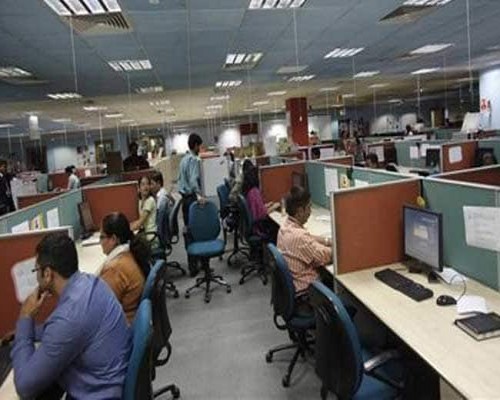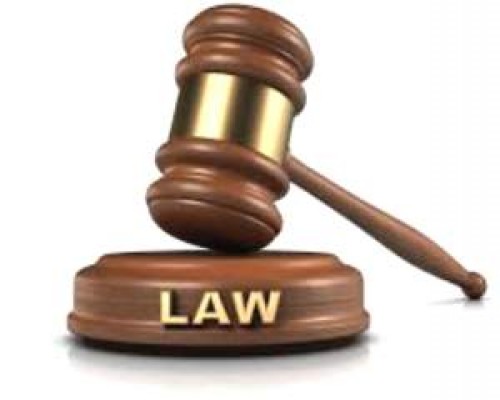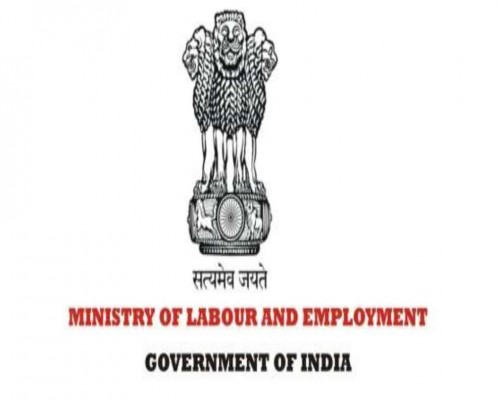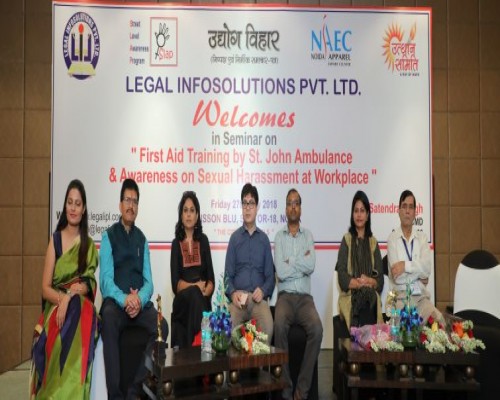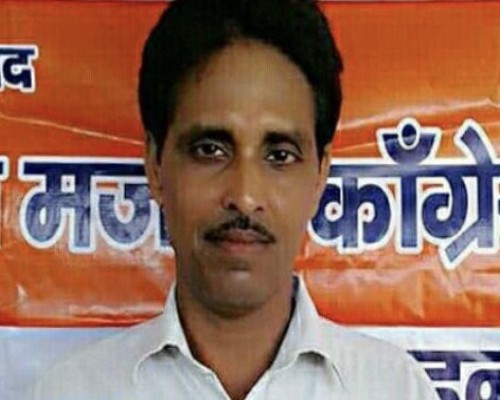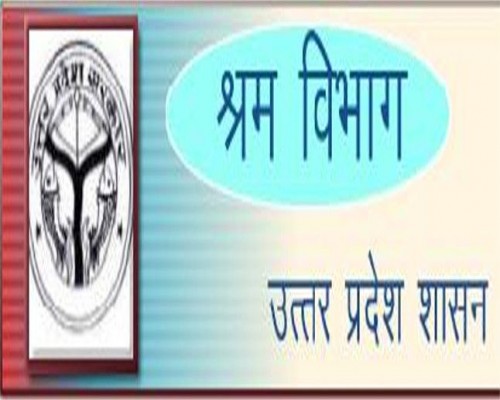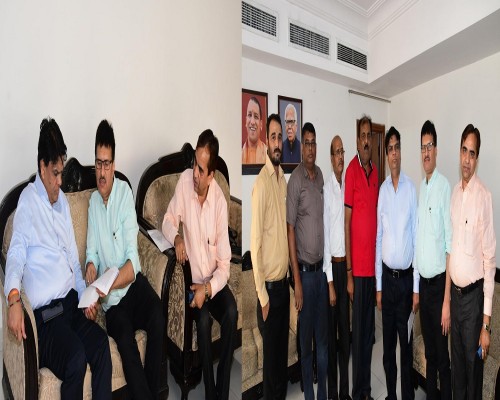Landmark Labour Law Judgments April 2025
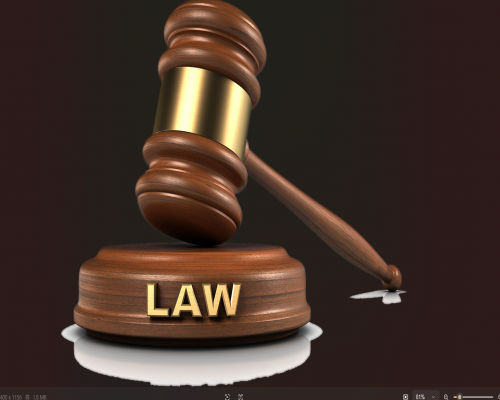
Landmark Labour Law Rulings
1. Admission of Charges and Consequences (Bombay High Court)
• If an employee admits to charges, a full-fledged inquiry is not required.
• A workman voluntarily admitted to misappropriation before a police complaint and even deposited part of the amount.
• His willingness to return the funds is treated as an admission.
• The quantum of misappropriation is irrelevant; strict action can be taken regardless of the amount.
2. Judicial Review Scope (Delhi High Court)
• The High Court does not act as an appellate or revisional authority in judicial review.
• It ensures that inquiries follow due process and natural justice.
• Courts intervene only if the decision-making process is flawed, not to reassess evidence.
3. Dismissal from Service Justification (Supreme Court)
• A bank manager was dismissed for financial misconduct despite being later acquitted in criminal proceedings.
• Acquittal in a criminal case does not automatically invalidate disciplinary action.
• Judicial review cannot reassess evidence but can ensure fair procedure.
4. Employer-Employee Relationship Dispute (Delhi High Court)
• A workman, claiming employment, failed to prove it due to lack of appointment letters, pay slips, or attendance records.
• The Labour Court dismissed his claim, and the High Court upheld it.
5. Misappropriation and Dismissal (Bombay High Court)
• A workman was found guilty of misappropriation after an inquiry and dismissed.
• His appeals were dismissed, and dismissal was upheld as justified.
6. Employees' Compensation - Multiple Claims (Himachal Pradesh High Court)
• Only one claim petition can be filed for compensation under the Employees' Compensation Act.
• Dependents must be included in a single claim; separate claims are not maintainable.
7. EPF Contribution and Legal Proceedings (Various High Courts)
• (Bombay High Court): Employers must deposit 75% of assessed EPF dues to appeal.
• (Madras High Court): EPF review proceedings can include additional scrutiny.
• (Kerala High Court): EPF contributions apply to salary components paid uniformly.
• (Chhattisgarh High Court): Authorities must provide relevant documents to employers before concluding an inquiry.
• (Punjab & Haryana High Court): Supreme Court rulings prevent reconsideration of settled EPF disputes.
8. EPF Dues and Property Auctions (Madras High Court)
• EPF authorities have priority over secured creditors in asset recovery.
• EPF defaulters must be dealt with strictly to protect employees' rights.
9. EPF Tribunal and Judicial Review (Madras High Court)
• Appeals under Section 7Q (interest-related) are not permitted.
• EPFO can challenge appellate authority decisions via writ petitions.
• Mens rea (intent) is not required for EPF damages.
10. Non-Allotment of PF Number Consequences (Orissa High Court)
• An employer’s failure to allot a PF number and delayed gratuity payment led to compensation of ₹5 lakh to the employee’s widow.
11. Consultant vs. Employee for EPF (Telangana High Court)
• Consultants receiving fixed monthly payments are considered employees for EPF contributions.
12. ESI Compensation for Workplace Injuries (Gujarat High Court)
• Permanent disability benefits are subject to medical board review and appeals.
• The ESI Court can reassess disability percentage beyond the medical board's findings.
13. Industrial Disputes Act - Closure and Compensation (Punjab & Haryana High Court)
• Labour Court cannot determine salary entitlement; it can only compute pre-existing entitlements.
• A workman’s reinstatement does not automatically grant back wages.
14. Voluntary Abandonment of Services (Bombay High Court)
• A workman who left employment to contest elections and later claimed wrongful termination was denied reinstatement and back wages.
15. Minimum Wages Act - Skilled Worker Definition (Supreme Court)
• A carpenter is a skilled worker, not an unskilled one, for minimum wage calculations.
16. Past Record and Penalty Reduction (Supreme Court)
• A long, unblemished record can justify reducing dismissal penalties.
17. Payment of Bonus Act - Prosecution Quashed (Calcutta High Court)
• A director cannot be prosecuted under the Bonus Act without specific allegations of responsibility.
18. Payment of Gratuity Act - Employee Eligibility (Madras High Court)
• Employees on consolidated pay are still eligible for gratuity.
19. Sexual Harassment at Workplace - ICC Inquiry (Madras High Court)
• The ICC’s findings must respect fairness but are not bound by strict rules of evidence.
• Appeals against ICC findings require strong legal grounds.
20. Wages Deduction - Workmen's Protest (Punjab & Haryana High Court)
• Workers who deliberately refused to enter the workplace were not entitled to wages.




